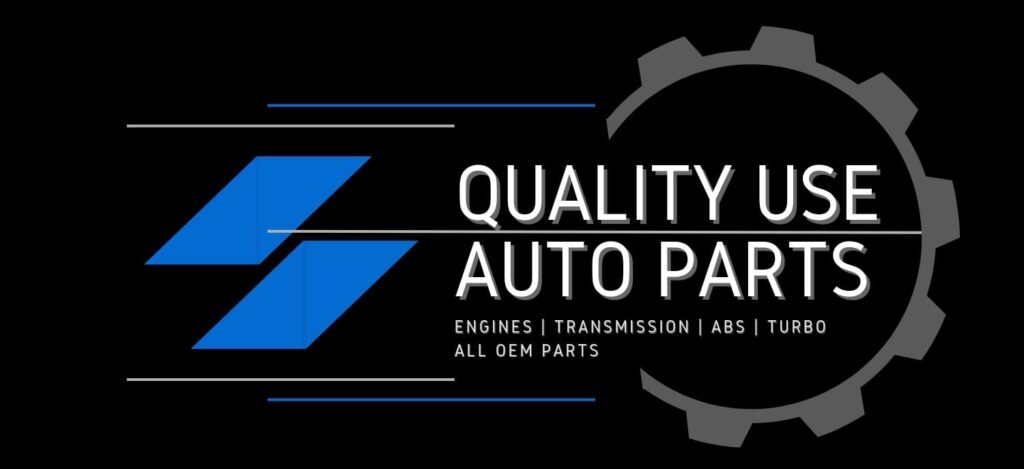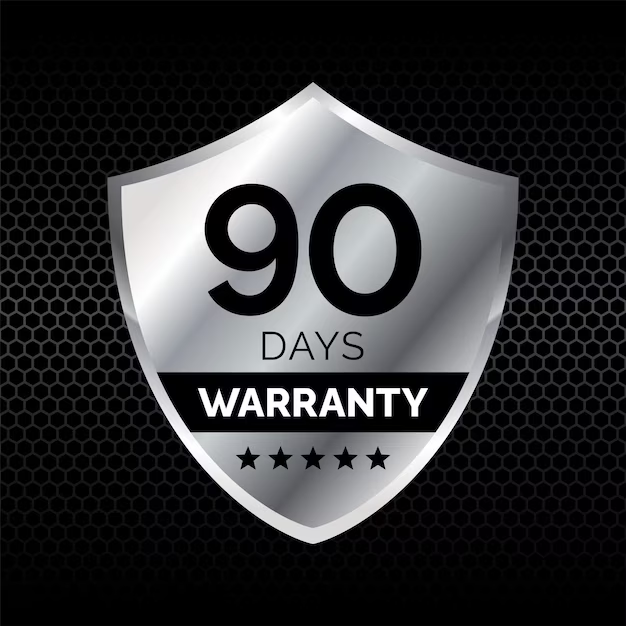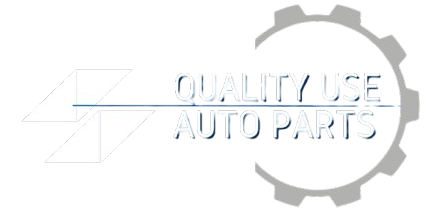When it comes to major car repairs, engines and transmissions are two of the most essential and costly components to consider. Opting for used engines and transmissions can save you thousands of dollars, but knowing what to look for and understanding the specifics of each can make all the difference in finding reliable parts. In this feature, we’ll spotlight engines and transmissions, guiding you through what to consider, what to avoid, and how to make the right choice for your vehicle.
Spotlight on Engines: What to Know About Buying a Used Engine
Buying a used engine can be an affordable and eco-friendly way to extend the life of your vehicle, but it requires careful evaluation. Here’s a detailed look at what you need to know to make a smart purchase.
1. Understand Your Engine’s Compatibility and Specifications
Every vehicle model has unique engine requirements. When shopping for a used engine, you’ll need:
-
VIN Number and Part Number
Use your car’s Vehicle Identification Number (VIN) and the original engine’s part number to ensure compatibility. This helps verify that the used engine will fit and function as intended. -
Engine Type and Size
Check that the engine size, configuration (V6, V8, etc.), and fuel type (diesel, gasoline) match your current engine.
2. Check Mileage and Condition
The mileage on a used engine can indicate how much life it has left:
-
Low Mileage Engines
Engines with less than 60,000 miles generally have a lot of life remaining, assuming they were well-maintained. Always request documentation on mileage if possible. -
Inspection for Wear and Tear
Look for signs of damage or excessive wear, such as cracks, rust, or leaks. Trusted sellers inspect engines before sale, but a personal inspection or a mechanic’s opinion can provide peace of mind.
3. Ask About Testing and Warranty Options
Reputable used parts suppliers test engines for functionality before selling them, which can include:
-
Compression Testing
Ensures that the engine is capable of maintaining proper compression levels, a key indicator of its overall health. -
Warranty Coverage
Many sellers offer limited warranties on used engines. This provides some security against unexpected issues after installation.
4. Benefits of Choosing a Used Engine
Opting for a used engine has several advantages, including:
-
Cost Savings
Used engines can save you 50-75% compared to new or remanufactured engines, making it a budget-friendly choice for expensive repairs. -
Environmental Impact
Buying a used engine helps reduce the demand for new manufacturing, conserving resources and energy while keeping reusable parts out of landfills.
5. What to Avoid When Buying a Used Engine
Some red flags to watch out for include:
-
Excessive Corrosion or Leakage
Rust and leaks can indicate poor maintenance or damage, which may lead to further complications. -
No Testing or Warranty Information
Avoid sellers who can’t provide testing or warranty details, as this may suggest a lack of quality control.
Used Transmissions 101: What to Look for and Avoid
A faulty transmission is often one of the most expensive issues to repair, making used transmissions an attractive option. Here’s what to consider when purchasing a used transmission to ensure reliability and longevity.
1. Match Transmission Specifications and Compatibility
Much like engines, transmissions vary by make, model, and year, so getting an exact match is crucial:
-
Know Your Transmission Code
Your transmission’s code or model number is usually located on the transmission or in your vehicle’s manual. This will help ensure that the used transmission is an exact fit. -
Check Compatibility with VIN and Part Number
Cross-reference the used transmission with your VIN and original part number for added assurance of compatibility.
2. Look for Signs of Proper Maintenance
A well-maintained transmission will last longer and be more reliable:
-
Service History
If possible, request the service history. A transmission that was regularly serviced, with fluid changed at recommended intervals, will generally be in better condition. -
Inspect for Fluid Quality
Old or burnt transmission fluid can indicate excessive wear or damage. Good transmission fluid is clear or slightly pinkish in color, so anything dark or burnt-smelling could be a red flag.
3. Testing and Warranty Are Key
Testing and warranty coverage provide extra assurance when investing in a used transmission:
-
Pressure Testing and Leak Check
Some sellers pressure-test transmissions to verify there are no leaks or internal issues. This testing is critical in determining if the transmission will perform reliably. -
Warranty Terms
Look for at least a limited warranty to cover any early failures, as a transmission is a significant investment. Many sellers offer warranties ranging from 30 days to several months on major parts like transmissions.
4. Benefits of Choosing a Used Transmission
Just like with used engines, a used transmission has benefits that make it a worthwhile choice:
-
Cost Efficiency
Used transmissions can cost 40-60% less than new or rebuilt ones, making them a great alternative if you’re on a budget. -
Environmental Benefits
By choosing a used transmission, you’re reducing waste and supporting the reuse of functional components, which is better for the planet.
5. What to Avoid When Buying a Used Transmission
Avoiding potential pitfalls can save you from costly issues down the road:
-
Signs of Internal Damage
Grinding noises, visible leaks, or dark transmission fluid are signs of damage. Avoid these at all costs, as they indicate serious wear. -
No Return Policy or Warranty
Never purchase a used transmission without a return policy or warranty option, as this could indicate poor quality control or a lack of seller accountability.
FAQs: Buying Used Engines and Transmissions
1. How Can I Be Sure a Used Engine or Transmission Is Reliable?
- Purchase from a reputable seller who inspects, tests, and offers a warranty on their used parts.
2. What Are the Risks of Buying Used Engines and Transmissions?
- Potential risks include undetected damage, poor maintenance history, or limited lifespan. However, thorough testing and warranty coverage mitigate most concerns.
3. How Much Can I Expect to Save with Used Engines and Transmissions?
- Typically, you can save 50-75% on engines and 40-60% on transmissions compared to new or rebuilt parts, making it a cost-effective repair solution.
4. Are Used Engines and Transmissions Eco-Friendly?
- Yes, opting for used engines and transmissions reduces demand for new manufacturing, which conserves resources and minimizes waste, making it an environmentally friendly choice.
5. What Should I Look for in a Warranty?
- A good warranty should cover major components and provide at least 30-90 days of protection, giving you time to install and test the part in your vehicle.
Conclusion
Buying a used engine or transmission can be a smart, sustainable, and budget-friendly option. With the right research and precautions, you can find reliable parts that meet your vehicle’s needs while saving money. At Quality Use Auto Parts (QUAP), we offer a wide selection of thoroughly tested and warrantied used engines and transmissions, so you can make repairs with confidence. Make the smart choice for your wallet and the planet by considering used parts for your next repair.


